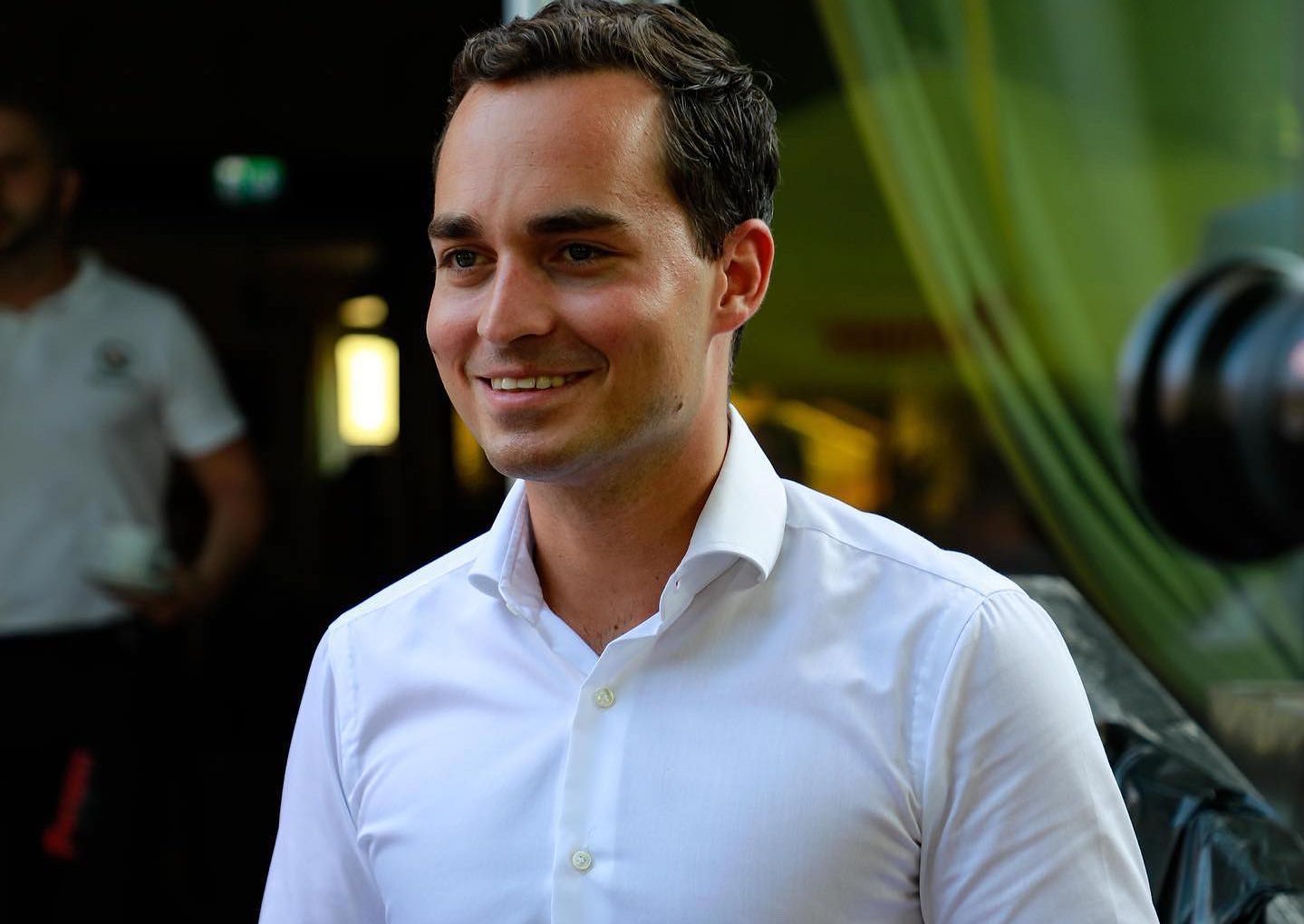
A further attempt to delegitimize Hungary's April parliamentary elections ends in a legal battleContinue reading

The European Commission is planning to publish a cat in a sack media regulation legislation by the end of Autumn, which they claim will enhance transparency and press independence. Despite the initiative’s declared goal of improving transparency, there is very little known about the details and how this would affect the media market or indeed matters concerning freedom of speech.
The planned legislation called The Media Freedom Act (MFA) purports to be a safeguard to government discrimination and pressures, however, few are in doubt about its intended target, the media market in Central-Easter Europe. A recent Reuters article worryingly refers to this as a matter of course when it says that the MFA “comes during concerns about media freedom in Poland, Hungary and Slovenia. The EU is also worried about the allocation of some countries’ state advertising to pro-government outlets to influence the media”.
The MFA would have the power to regulate and shape media market concentration, acquisition, mergers or advertising in sovereign EU member-states. This amount of interference could fundamentally reshape the press landscape in EU countries and would become a useful tool in the hands of the Commission effectively regulating the freedom and commercial interest of the press in a manner that they alone deem fair and balanced.
Who the new legislation will in truth benefit and whom it aims to suppress can be judged by the type of criticism that the press in national-conservative government-led countries have been subjected to by the Commission and the European Parliament in recent years, as well as by the conspicuous silence of Western media outlets over the new plans. If the Act is approved, in future Brussels power structures can have the last word about media mergers and the amount of advertising in member-states, hand in hand with the new European Board for Media Services.
Some of the dubious narratives driving the initiative is that governments, such as the one in Hungary, are gaining an unfair advantage by allegedly advertising in media outlets close to them, while denying these vital funds from opposition-friendly papers. Broadly speaking, articles published in Western news outlets see the Hungarian media landscape through a prism similar to the OSCE report written after the April parliamentary election: “The government and state-affiliated companies dominate the advertising market. Extensive government advertising campaigns and biased news coverage in the public and many private media monitored by the ODIHR EOM provided a pervasive campaign platform for the ruling party.”
The observers have completely omitted the fact that the government did in fact advertise in opposition-friendly media outlets during the election campaign, in some cases this income has constituted the majority of their advertising revenue running up to the elections. Regardless of the EU leadership or the election observers’ opinion, anyone with an internet connection can search for keywords such as “Hungarian government” or “Viktor Orbán” to measure the balance of pro- and anti-Hungarian government opinions in the Western, or even the Hungarian media. The fact that one has to scroll through dozens of critical articles in order to arrive at a single supportive opinion speaks not only about presence of an enormous anti-Hungarian government bias, but about the pervasive lack of a diversity of opinion, especially in foreign media markets
Another factor that should set off warning lights in the heads of those worried about the curtailment of media freedoms in Central-Eastern Europe are the two main sponsors of the proposed MFA regulation. Chief among them, Vera Jourová, the Commission’s Vice-President for Values and Transparency, is one of the most vocal critics of the governments in Warsaw and Budapest, to the point where her zeal has reportedly grown into a conflict with her superior, Ursula von der Leyen. Jourová wrote on the Commission’s website that the MFA is meant “to safeguard the pluralism and independence of the media in the EU internal market”. She also added that “Media are a pillar of democracy. But today this pillar is cracking, with attempts by governments and private groups to put pressure on the media. This is why the Commission will propose common rules and safeguards to protect the independence and the pluralism of the media.”
Furthermore, there are few politicians in the EU with a more rounded pedigree as corporate media giant executives than the second name behind the MFA proposal, Commissioner for Internal Markets, Thierry Breton. In his view “We must make sure that European media remains independent, innovative and sustainable, and operate without any unjustified interference in their activities, be it private or public.” Why Breton thinks that it is the Commission’s privilege to interfere with national media landscapes is not explained, but it is clear that the legislation will further enhance the EU executive’s centralizing tendencies at the expense of well-functioning and entirely free national markets.
That draft also claims to “be coherent with the EU’s efforts in promoting democratic participation, fighting disinformation and supporting media freedom and pluralism as set out in the European Democracy Action Plan (EDAP)”. Alas, past experience shows that Western governments’ and supra-national institutions’ initiatives aimed at fighting disinformation or fake news have usually resulted in misguided attempts to introduce censorship, and with the establishments of centralized bodies absurdly tasked with deciding what truth or falsehood is. EDAP itself is a politically-ideologically interlaced initiative and if the new media regulation should conform to this, the diversity of opinion in the European media landscape could be shackled further still.
It is also not clear why any independent media outlet should be denied the right to support a government if it chooses so as it has been the practice since the emergence of the first newspapers in Europe centuries ago. Furthermore, while the draft focuses on government sympathies and government interference, its proposals do not seem to extend to opposition political parties, who are often better financed than some of the governing ones.
The European media landscape is so overwhelmingly tipped towards liberal and progressive opinions that it is baffling why Brussels feels threatened by the survival of a few conservative outlets in Poland and Hungary. The MFA appears to be yet another attempt to centralize the control of national institutions and businesses, such as the free media, within the EU’s ever-growing oversight. The silence of leading Western news outlets with regards to such a crucial reform is a worrying sign, while the indifference of journalists who will be adversely affected by the changes points to an attitude of resignation and simple ignorance of the consequences yet to come.
Featured Image: Pixabay